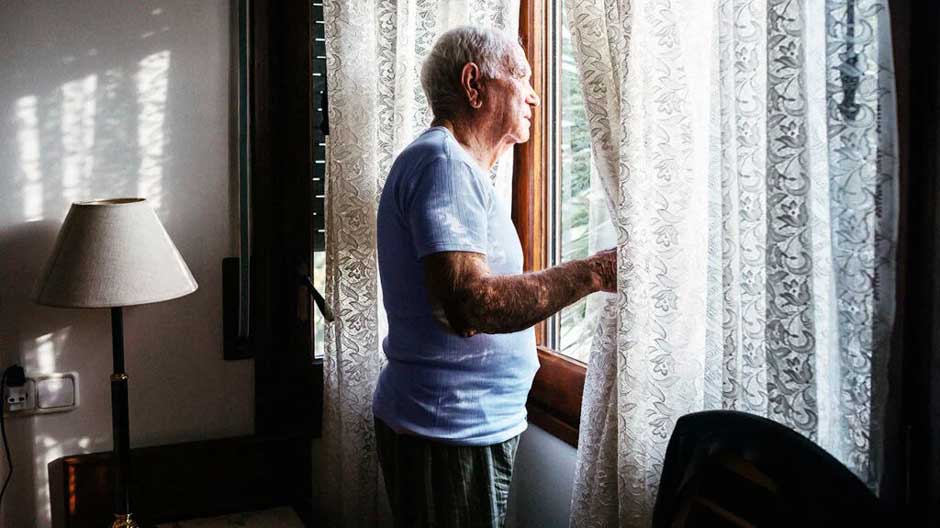The veil of cognitive clarity that descends with age can often be punctuated by paranoia, an invasive trait that wreaks havoc on both patients and caregivers. The complex intersection of paranoia with dementia forms a dark dance that casts long shadows on the minds of those affected, rendering even familiar settings and loved ones as potential threats. This article seeks to delve into this rarely explored domain, illuminating the mysterious recesses of a mind affected by dementia-related paranoia.
The Specter of Paranoia in Dementia
Paranoia is a state of mind characterized by irrational suspicion and mistrust of others. In the context of dementia, it paints the world in threatening hues, feeding on the cognitive disarray and memory gaps that are hallmarks of the condition. As patients struggle to make sense of their deteriorating cognition, they can perceive even benign situations as fraught with danger and intrigue.
Interestingly, paranoia does not affect all dementia patients. Various studies suggest that around 20% to 30% of patients exhibit paranoid behaviors. These individuals often report thefts that never happened, accuse caregivers of plotting against them, or express conviction about unfaithful spouses. Such accusations, devoid of substantiating evidence, pose a significant challenge to managing the disease, exacerbating the emotional distress associated with dementia.
Paranoia, Memory, and Cognitive Decline
At the heart of paranoia in dementia lies the nexus of memory impairment and cognitive decline. As dementia progresses, the ability to store, retrieve, and make sense of information diminishes. When memory fails, the mind sometimes fills the gaps with falsified narratives or delusions. These delusions, often grounded in fear or suspicion, contribute to the evolution of paranoia.
Brain abnormalities associated with dementia, such as the shrinking of the hippocampus or the formation of neurofibrillary tangles, could further complicate the process. As such, paranoia might not be just a psychological symptom, but also a manifestation of the disease’s physical toll on the brain.
The Ripple Effects of Paranoia
Paranoia in dementia patients does not only affect the individual suffering from the disease, but it also ripples out to impact caregivers and family members. Often, it’s the caregivers who bear the brunt of the paranoia-infused accusations, adding to the emotional burden they already carry. The stress, isolation, and sometimes even the physical toll that these unfounded allegations can cause, significantly heighten caregiver burnout.
It also influences the social dynamics of the family, creating a potentially destructive cycle of misunderstanding and resentment. The patient’s distrust can push away those closest to them, exacerbating their feeling of isolation and potentially fueling their paranoia further.
Strategies for Managing Paranoia in Dementia
Navigating the waters of dementia-related paranoia requires a delicate blend of empathy, patience, and skill. There is no one-size-fits-all strategy, but professionals often suggest a tailored approach that factors in the individual’s history, personality, and specific fears.
The environment can also play a crucial role. Creating a calm, predictable, and secure setting can help mitigate feelings of paranoia. Regular routines, familiar objects, and the presence of known faces can create a sense of safety and familiarity, alleviating some of the anxiety associated with dementia.
Pharmacological interventions may also be considered, though they are usually reserved for severe cases. Antipsychotic drugs can sometimes help manage the symptoms of paranoia, but they come with potential side effects and should be used judiciously, under the guidance of a healthcare professional.
Overall, in the labyrinth of dementia, paranoia is one of the most challenging shadows to confront. Understanding it is not just a psychological battle; it’s an exploration of the intricate dance between the mind and the brain. As we continue to investigate the links between paranoia and dementia, we can uncover valuable insights that pave the way for targeted interventions and improved caregiving approaches.

